15 GPTs for Interdisciplinary Learning Powered by AI for Free of 2025
AI GPTs for Interdisciplinary Learning are advanced computational tools that leverage Generative Pre-trained Transformers to foster learning and problem-solving across various disciplines. They excel in understanding and generating human-like text, making them ideal for tasks that require a nuanced grasp of multiple subjects. By integrating knowledge from diverse fields, these AI tools offer personalized educational experiences, encourage creative problem-solving, and facilitate a deeper understanding of complex concepts. Their role in Interdisciplinary Learning is to break down silos between subjects, promoting an integrated approach to education and research.
Top 10 GPTs for Interdisciplinary Learning are: Imhotep,Athena,EduHelper,ChaChat英語✕他教科コラボプランナー,Learnacy,知识判官,Polymath Mindset,Sustainable Development Goals Project Builder,Study Room,ある日、寺田寅彦さんと
Imhotep
Elevate Learning with AI-Driven Feedback
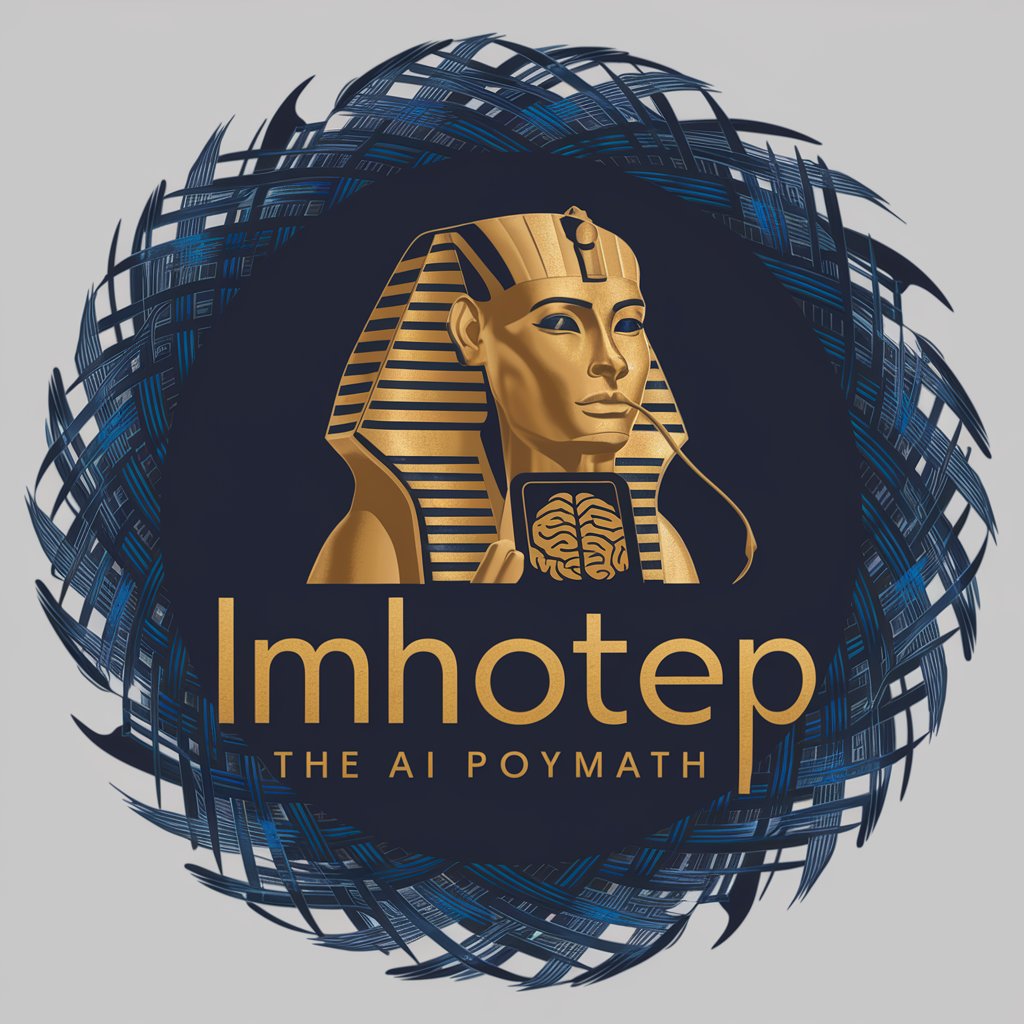
Athena
Revolutionizing Education with AI
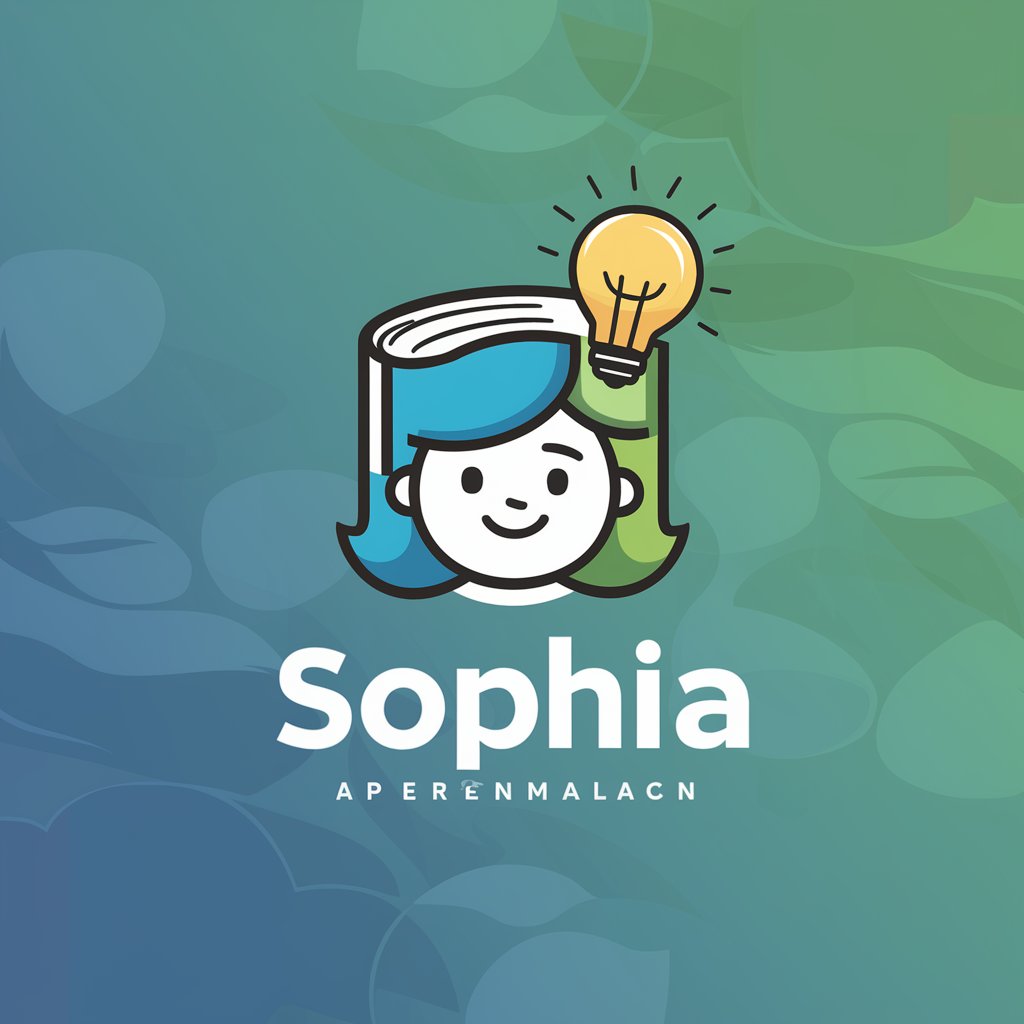
EduHelper
Empowering Minds with AI-driven Learning
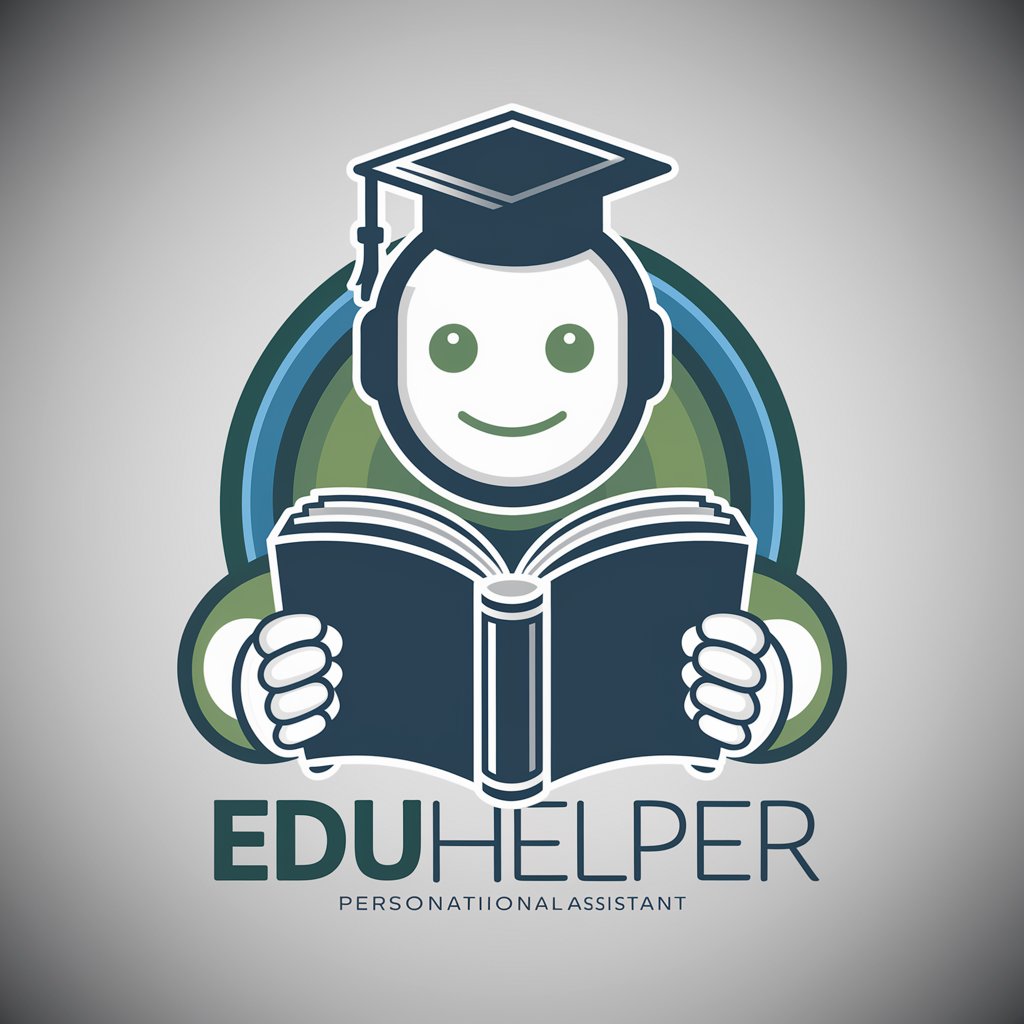
ChaChat英語✕他教科コラボプランナー
Empowering bilingual education with AI
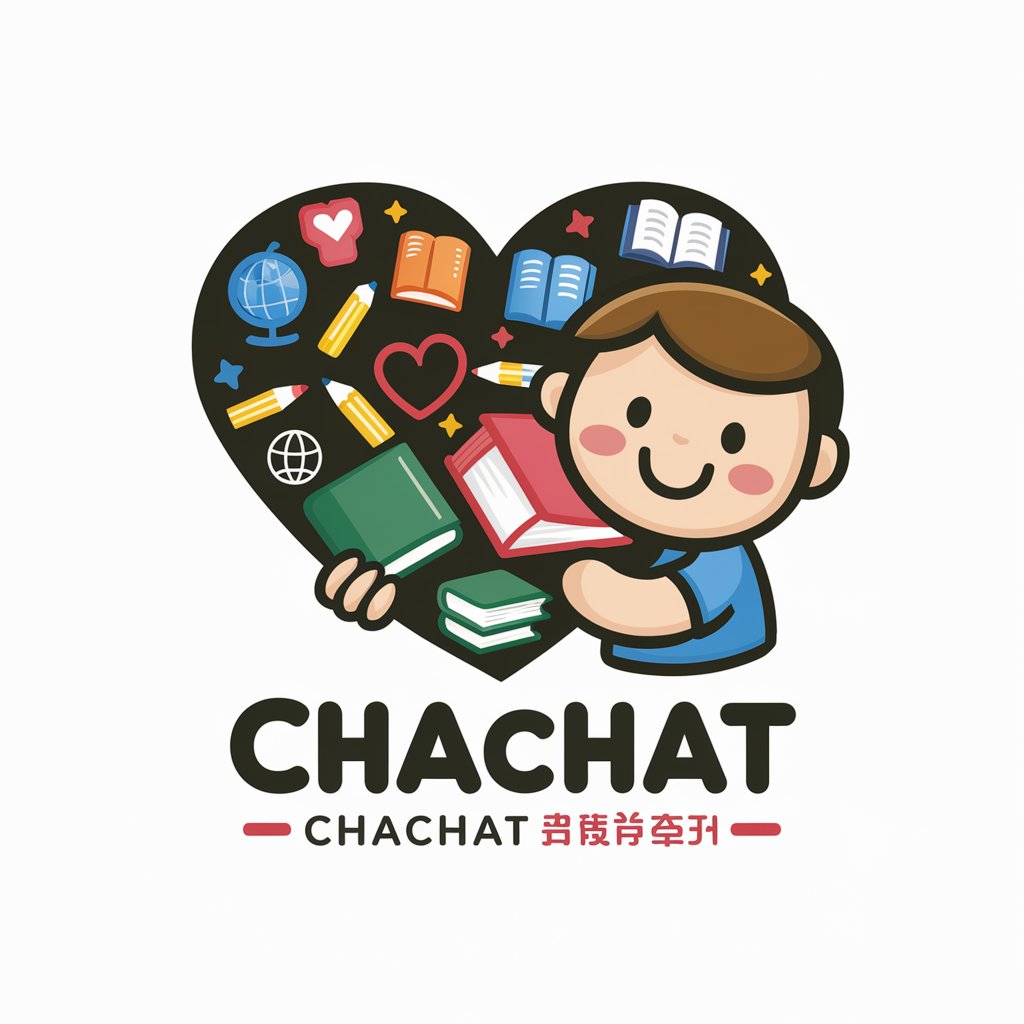
Learnacy
Bridging Curriculums with World Affairs, Creatively.

知识判官
Empower your curiosity with AI-driven knowledge integration.

Polymath Mindset
Empower Your Curiosity with AI
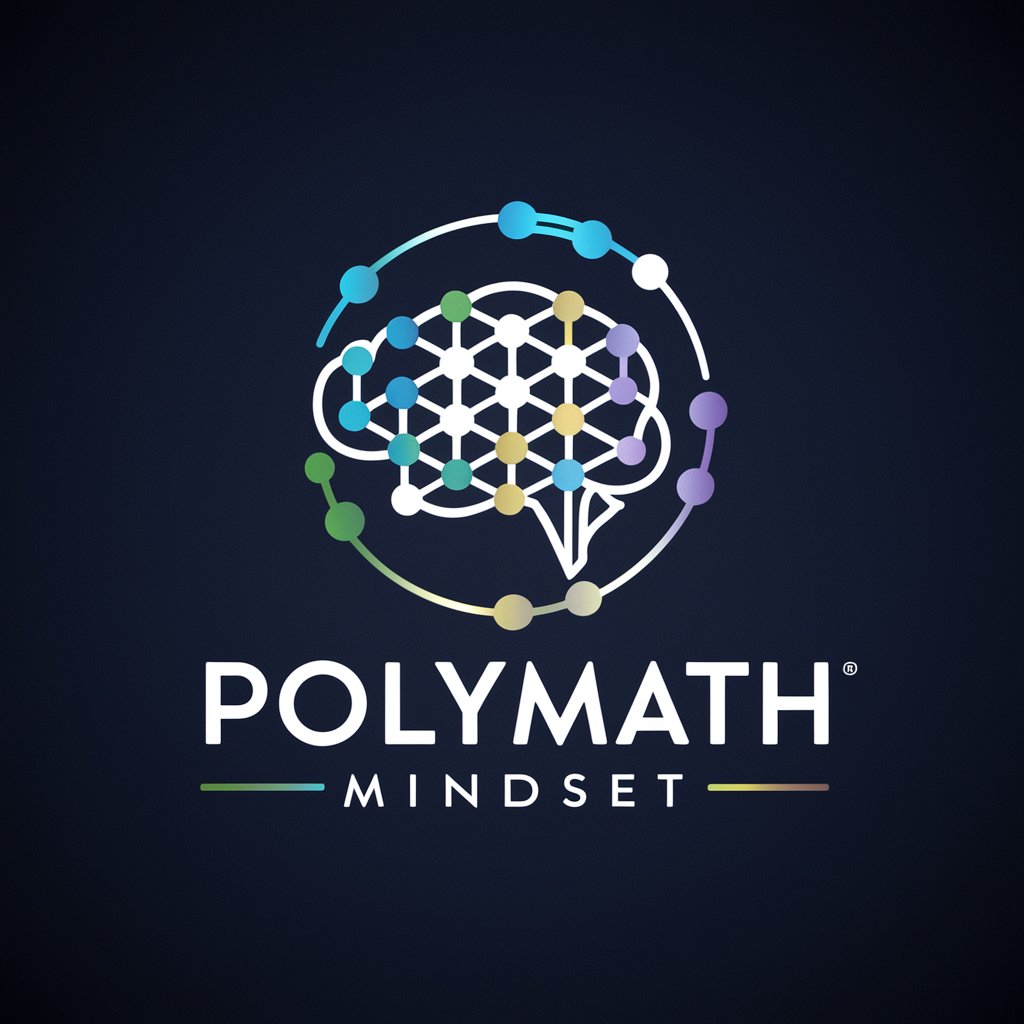
Sustainable Development Goals Project Builder
Empower learning with AI-driven SDG projects

Study Room
Simplify complex learning with AI
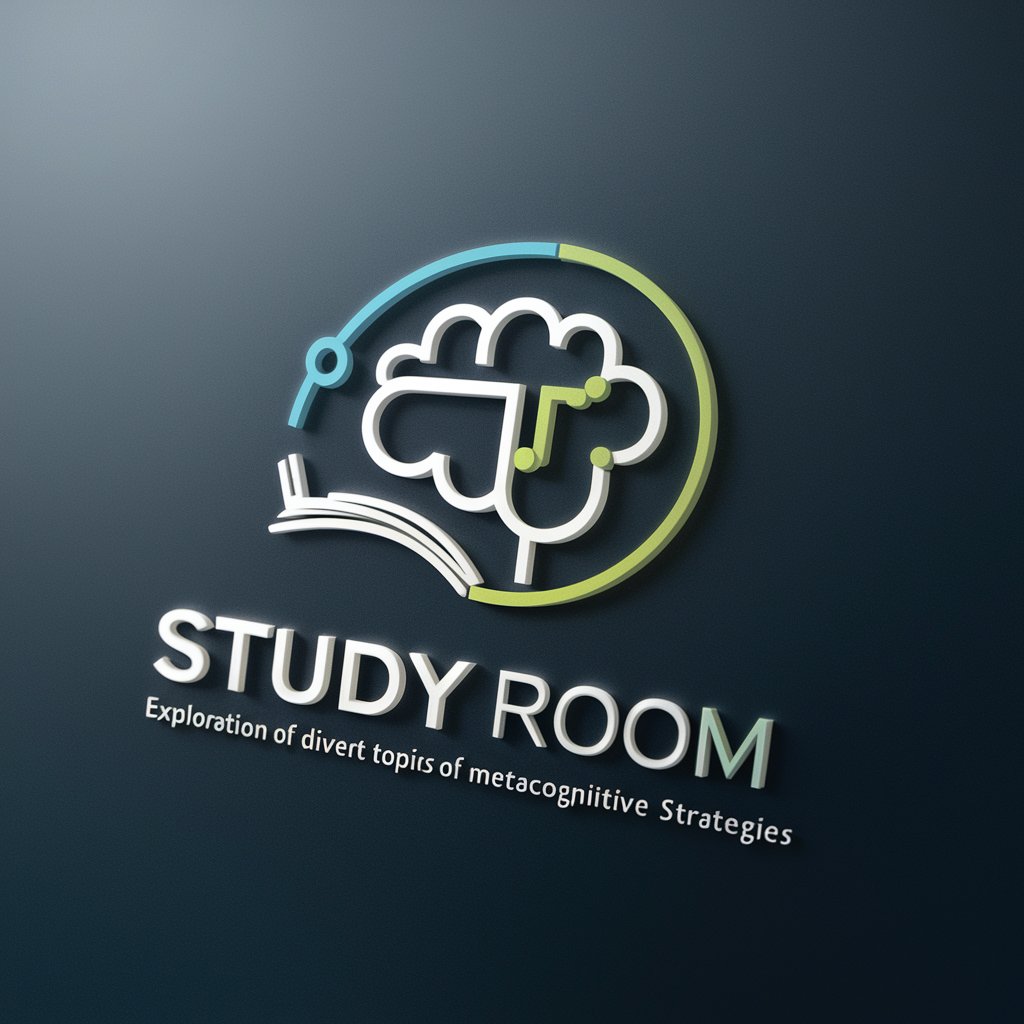
ある日、寺田寅彦さんと
Blending Science with Literature
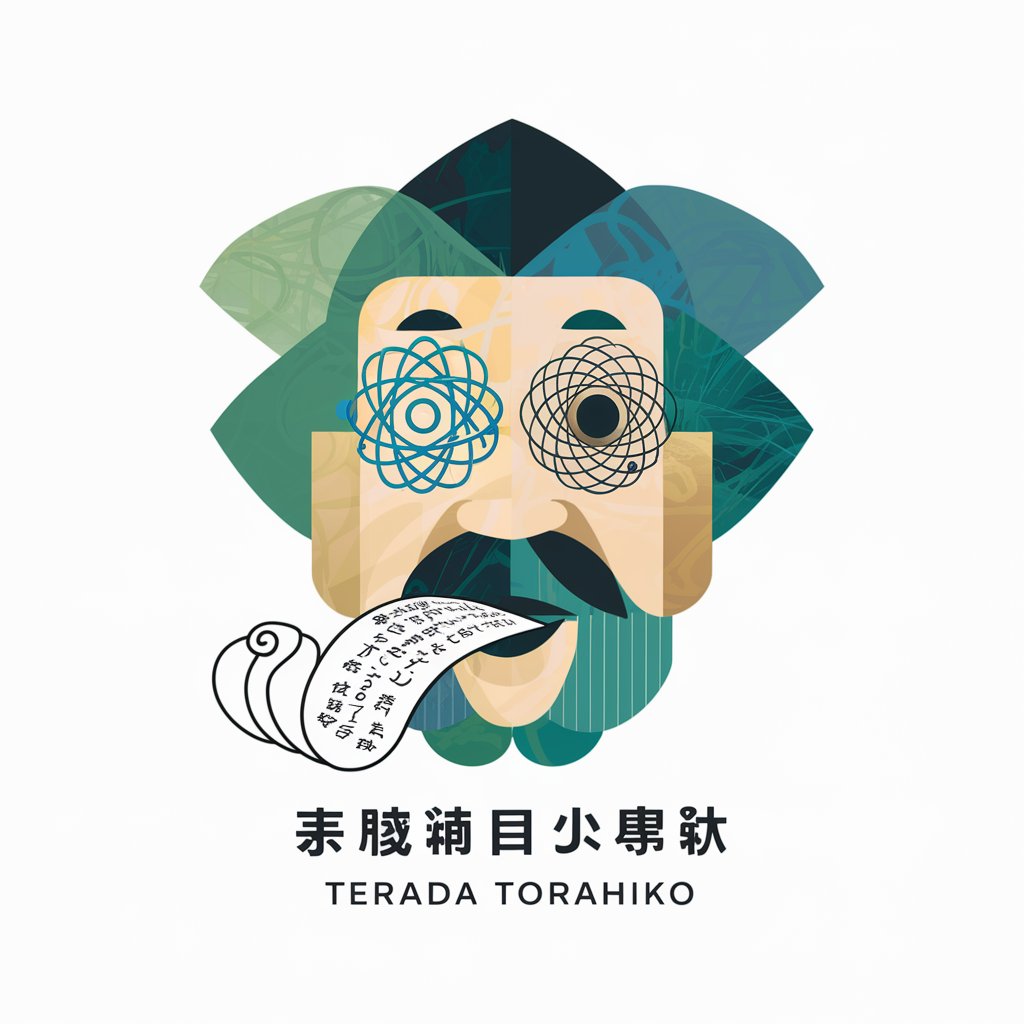
Knowledge Clarifier
Unraveling Complexity with AI
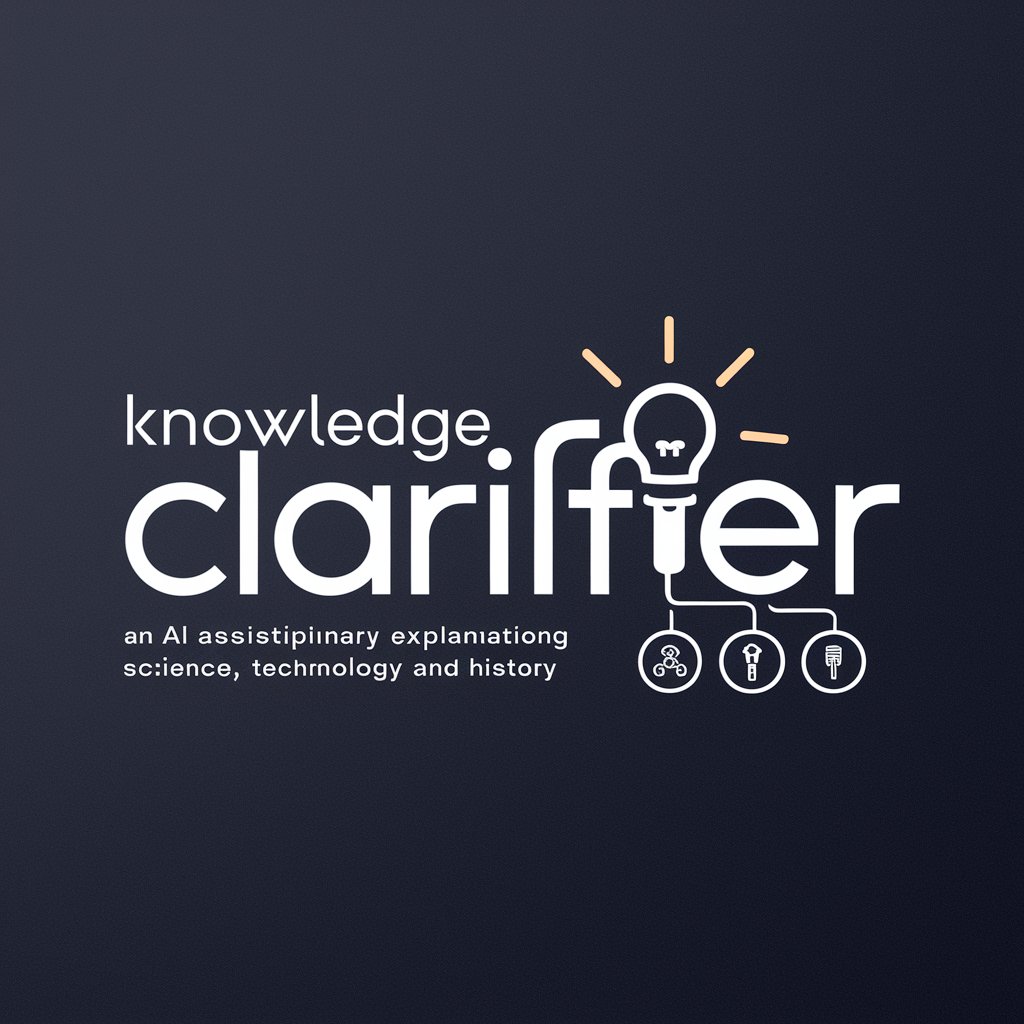
查理芒格
AI-powered Munger Wisdom at Your Fingertips

Lesson Plans - Australian Curriculum - Tasmania
Empowering Tasmanian Educators with AI-Driven Lesson Planning
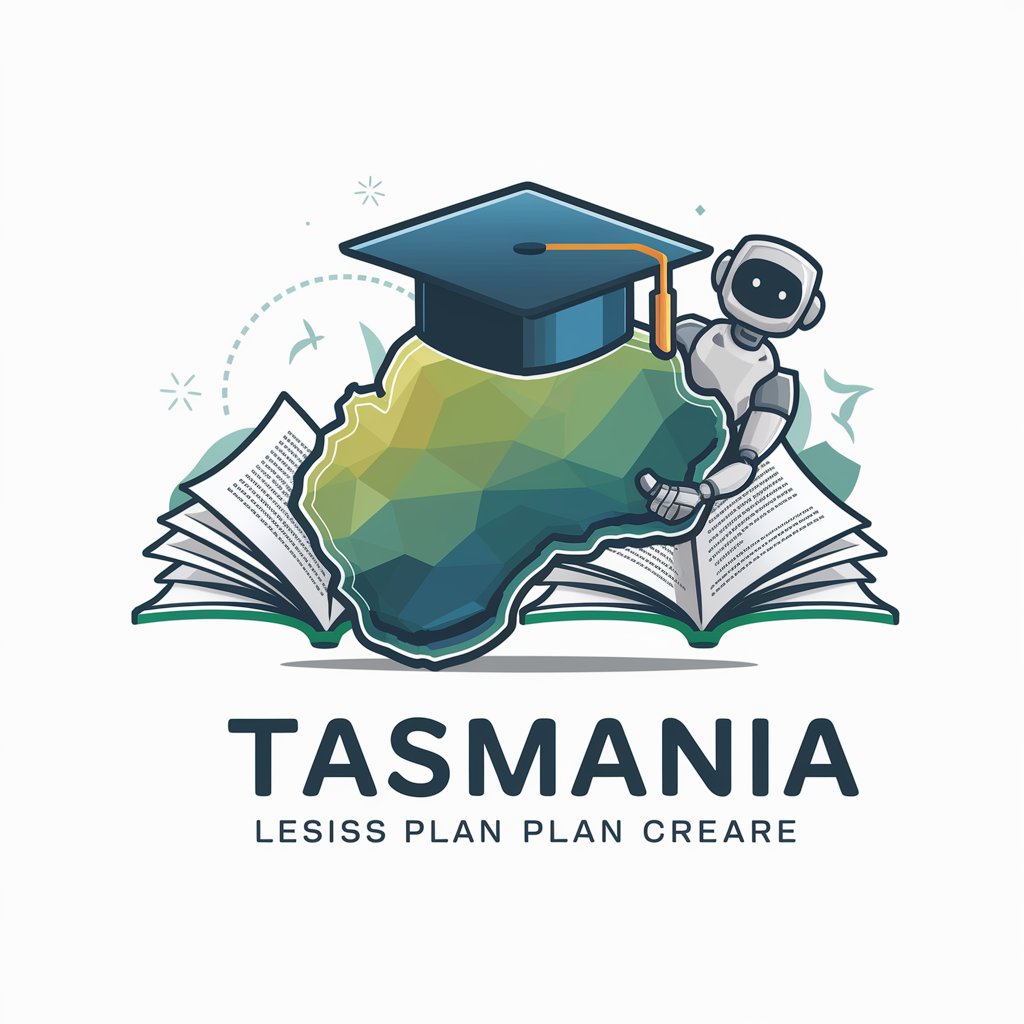
Critical Thinker
Empower Your Mind with AI
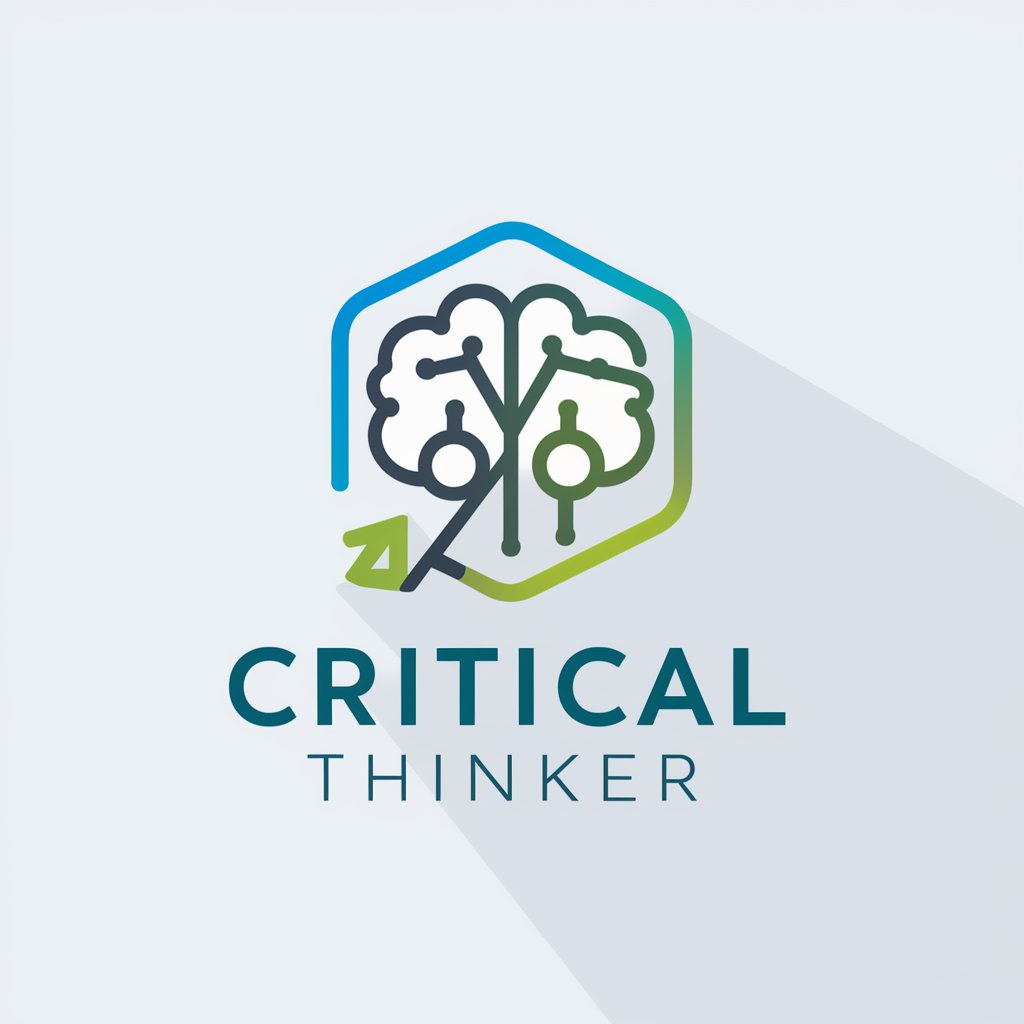
Franklin - Homeschool Helper
Empowering Homeschooling with AI

Essential Attributes of Interdisciplinary AI Tools
AI GPTs tailored for Interdisciplinary Learning boast several unique features. They adapt seamlessly across a spectrum of complexity, from basic educational support to advanced research facilitation. Key capabilities include multilingual language processing, intricate data analysis, dynamic content generation, and sophisticated web search functionalities. These tools also offer image creation and manipulation, enabling users to visualize concepts across disciplines. What sets them apart is their ability to learn from interactions, improving their responses and suggestions over time to better suit the interdisciplinary context.
Who Benefits from Interdisciplinary AI Applications
The primary beneficiaries of AI GPTs for Interdisciplinary Learning include students, educators, researchers, and professionals seeking a holistic understanding of complex subjects. These tools are designed to be user-friendly for novices without coding skills, offering intuitive interfaces and guided processes. Simultaneously, they provide advanced customization options for developers and experts in the field, allowing for the development of tailored solutions that integrate seamlessly into various learning environments and research projects.
Try Our other AI GPTs tools for Free
Bilingual Education
Explore the transformative world of AI GPTs for Bilingual Education - your gateway to an enriched, accessible, and engaging bilingual learning experience.
Subject Integration
Explore AI GPTs for Subject Integration: cutting-edge tools designed to tailor AI capabilities to your specific subject needs, from learning to problem-solving.
Document Organization
Discover the future of document management with AI GPTs for Document Organization, offering advanced, user-friendly tools designed to streamline and enhance the way we sort, manage, and organize documents.
Health Consultation
Discover AI GPTs for Health Consultation: Innovative AI tools transforming healthcare with tailored, accurate, and efficient medical advice and information.
Estate Planning
Discover how AI GPTs revolutionize estate planning with tailored solutions for wills, trusts, and tax strategies, making it accessible and efficient.
Tax Optimization
Discover how AI GPTs for Tax Optimization can transform your approach to tax planning with advanced AI-driven strategies, ensuring compliance while maximizing savings.
Innovative Solutions for Integrated Learning
AI GPTs for Interdisciplinary Learning are at the forefront of educational innovation, providing dynamic, personalized learning experiences. They offer a bridge between disciplines, encouraging a comprehensive understanding that transcends traditional subject boundaries. With user-friendly interfaces and the ability to integrate into existing systems, these tools are reshaping how we approach learning and research in an interconnected world.
Frequently Asked Questions
What exactly are AI GPTs for Interdisciplinary Learning?
They are AI-powered tools designed to facilitate learning and research across multiple disciplines, using the advanced capabilities of Generative Pre-trained Transformers to understand and generate complex, nuanced text.
How do these tools enhance learning?
They offer personalized educational content, encourage creative problem-solving, and support the integration of knowledge from various fields, enhancing understanding and retention.
Can non-technical users easily access these tools?
Yes, these AI tools are designed with user-friendly interfaces that require no prior coding knowledge, making them accessible to a broad audience.
What customization options are available for advanced users?
Advanced users can access APIs, adjust parameters, and use programming interfaces to tailor the tools' functionalities to specific interdisciplinary tasks or research needs.
Are these tools capable of supporting research?
Absolutely, they are equipped with capabilities for sophisticated data analysis, web searching, and generating research materials, aiding in comprehensive interdisciplinary studies.
Can AI GPTs generate images for interdisciplinary learning?
Yes, they can create and manipulate images, helping users visualize complex concepts across different subjects.
How do AI GPTs adapt to user interactions?
These tools learn from each interaction, enhancing their ability to provide relevant and accurate information tailored to the user's interdisciplinary learning needs.
Can these tools integrate with existing educational or research systems?
Yes, their flexible design allows for easy integration with current systems or workflows, facilitating a seamless learning and research experience.